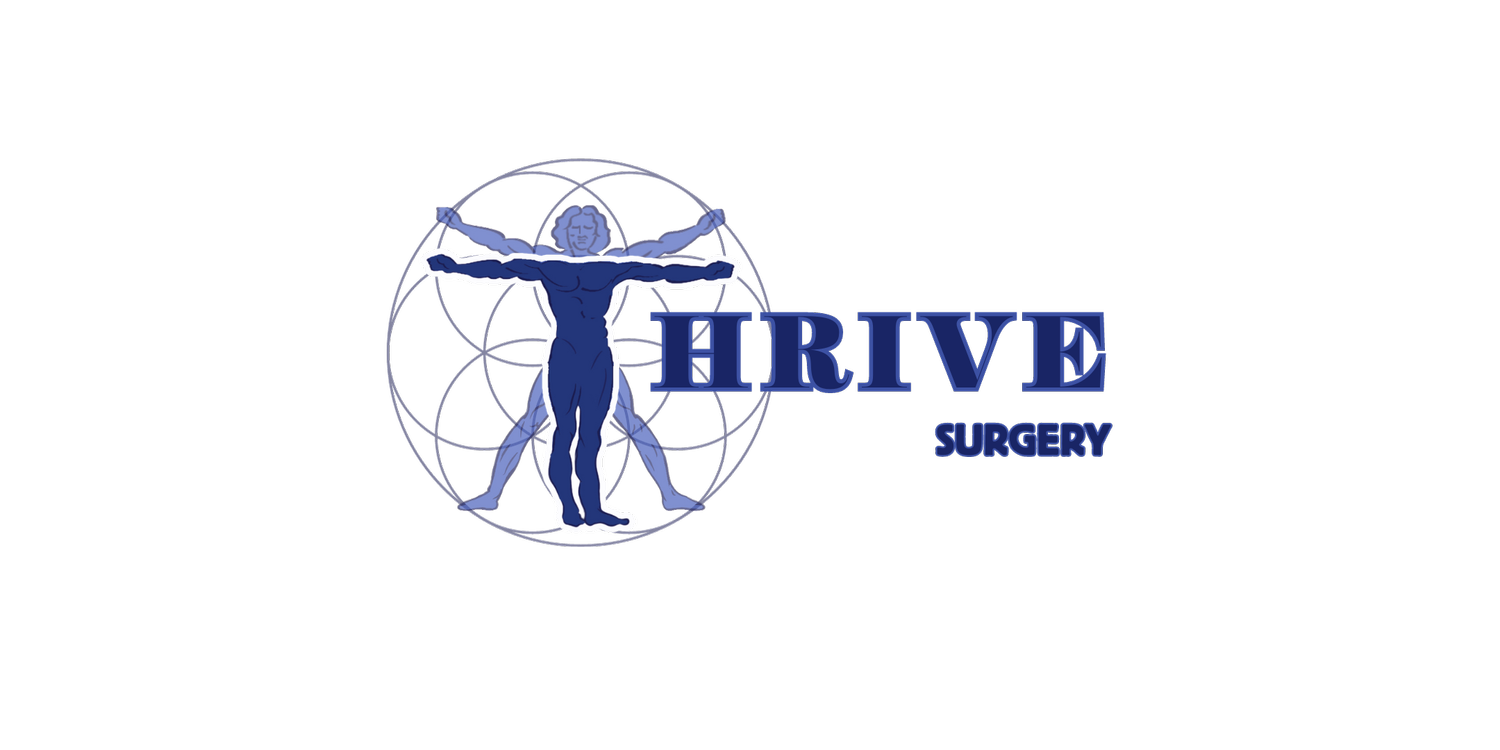Navigating Life Without a Gallbladder: Dispelling Myths and Revealing Facts
Introduction
Living without a gallbladder is a reality for many individuals who have undergone gallbladder removal surgery, also known as cholecystectomy. This common procedure is often surrounded by myths and misconceptions. In this article, we'll explore some of these myths, provide evidence-based facts, and highlight the importance of accurate information. Dr. Elizabeth Alexandra Zubowicz, a leading expert in the field, offers specialized services for individuals living without a gallbladder in Haymarket and Warrenton, Virginia.
Myth 1: "Life Will Never Be the Same After Gallbladder Removal"
Fact: Adapting to Changes
The myth that life takes a drastic turn post-gallbladder removal is not entirely accurate. While the gallbladder plays a role in storing bile to aid digestion, the body can adapt to its absence. Most individuals resume normal activities and dietary habits after recovery. Dr. Zubowicz emphasizes the importance of understanding that adaptation is a natural process and doesn't necessarily mean a diminished quality of life.
Myth 2: "You Can Eat Anything You Want After Gallbladder Surgery"
Fact: Dietary Adjustments Are Necessary
Contrary to the belief that dietary restrictions are no longer necessary, individuals without a gallbladder may need to make specific adjustments. Without the gallbladder to store and release bile in response to food intake, bile drips continuously into the digestive system. It's advisable to consume smaller, more frequent meals and limit high-fat foods to prevent digestive discomfort. Dr. Zubowicz provides valuable guidance on creating a diet that supports optimal digestion post-gallbladder removal.
Myth 3: "Digestive Problems Are Inevitable"
Fact: Proactive Management Is Key
While some individuals may experience digestive changes post-gallbladder removal, it doesn't mean that ongoing problems are inevitable. Dr. Zubowicz emphasizes the importance of proactive management, including dietary modifications, maintaining a healthy lifestyle, and staying hydrated. These measures can contribute to a smoother digestive process and minimize discomfort.
Myth 4: "Gallbladder Removal Leads to Weight Gain"
Fact: Weight Management Is Individual
The idea that everyone gains weight after gallbladder removal is a misconception. Weight changes vary among individuals and depend on various factors such as diet, exercise, and overall health. Dr. Zubowicz advocates for a balanced and mindful approach to nutrition and physical activity to support weight management post-surgery.
Myth 5: "Gallbladder Surgery Solves All Digestive Issues"
Fact: Other Factors Play a Role
Gallbladder removal may address specific issues related to gallstones and inflammation, but it doesn't eliminate all potential digestive concerns. Dr. Zubowicz highlights the importance of addressing other factors, such as underlying gastrointestinal conditions or lifestyle choices, that can impact digestive health.
Myth 6: "You Can't Live a Normal, Active Life Without a Gallbladder"
Fact: Maintaining an Active Lifestyle
Living without a gallbladder doesn't mean giving up an active lifestyle. While it's crucial to be mindful of dietary choices and listen to the body, individuals can continue to participate in regular physical activities. Dr. Zubowicz encourages her patients to engage in exercise routines that align with their overall health goals.
Conclusion
In navigating life without a gallbladder, it's essential to separate fact from fiction. Dr. Elizabeth Alexandra Zubowicz, with her expertise and commitment to patient well-being, provides specialized services for individuals in Haymarket and Warrenton, Virginia. Dispelling myths and understanding the facts surrounding gallbladder removal empower individuals to make informed choices about their health and embrace a fulfilling life post-surgery. With the right guidance and proactive measures, living without a gallbladder can be a seamless and manageable aspect of one's overall well-being.


